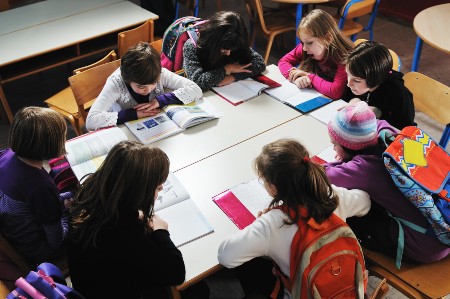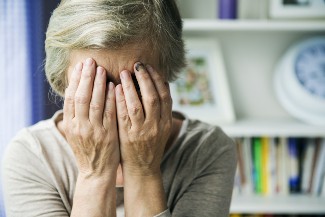Our nation has been rocked. Actually, our entire world has been rocked. Things we once took for granted, we’re now realizing the importance of. Things that once caused us extreme levels of stress are now mere memories that one day we’ll be referring to as “the gold ole days.” We truly are smack dab in the middle of a once in a life event that will be taught in history lessons for the remainder of time.

One major component of the history lesson that will be taught is going to be something that I don’t believe is receiving the level of attention it truly deserves – the long term psychological effects of social isolation, aka “social distancing.”
Full disclosure here before everyone sends me hate mail, which I’ll still receive anyway (I always do, regardless of the topic and/or my stance). I do believe drastic steps are required to combat Coronavirus. What I’m not so sure of is the definition of “drastic.” My fear is we’re going to look back on our extreme response to preventing the spread of this disease, and discover the reaction was one that caused more harm than good.
You can stop reading now and begin drafting your email to me. FYI – I read them all and the angrier you get at me merely because we have opposing points of you, the happier you make me. 🙂
Glad we got that out of the way. Now to my point.
What social distancing is requiring us to do is to suppress one of our most evolutionarily hard-wired impulses – the need for human connection.

We need to see our friends. We need to see our family. We need to hug them, argue with them, cry with them and even grow annoyed with them. While I understand the importance of protecting our physical health in the short term, it’s also critically important to protect our emotional health in the long term.
Studies have shown that chronic social isolation can increase the risk of mortality by up to 29%.
This is where you say “Well Eric, we’re not going to be socially isolated forever. This is only for a short period of time.”
Here are my concerns with that response.
First off, what is a “short period of time?” Medical experts are giving estimates that range anywhere from a couple weeks to a couple of months. And isn’t the term “short period” a subjective statement?
How about the people that were already suffering from moderate to high levels of isolation and loneliness before all of this happened? Could this lead to a irreversible downward spiral of their current mental state?
Or, how about the people that are maybe only suffering mildly right now? Could this be their “triggering” event that leads to their eventual emotional collapse?
I don’t think any one of us can answer these questions right now, only time will tell.
My point is this – we all have varying levels of ability to handle stress inducing situations. Not every person is entering into this emotional crisis on the same level of mental preparedness.
So here is the million dollar question…..Do the immediate health benefits of social distancing outweigh the long term potential psychological risks?

This pandemic has already wreaked enough havoc on our financial well being, we can’t allow it to do the same to our emotional well being.
Yes, yes and even more yes!
🙂
Not sure if I agree with the drastic measures of quarantine and isolation, only time will tell if it was the “right” thing to do, but
I am constantly amazed about the human capacity to deal, adjust, and change to deal with traumatic events. Who would have ever thought of virtual happy hour? We have the need to connect and be part of a family, a tribe, gang – those support systems, however dysfunctional, help us cope. Yes, we will see many ripple effects in our society, especially among the youngest. We need to begin/continue to give them tools to survive and thrive, ensuring our future.
Wow. That is spot on JJ! I totally agree with you; especially with our ability to improvise and adapt. It truly is an amazing ability we have as humans. Thank you so much for the comment.